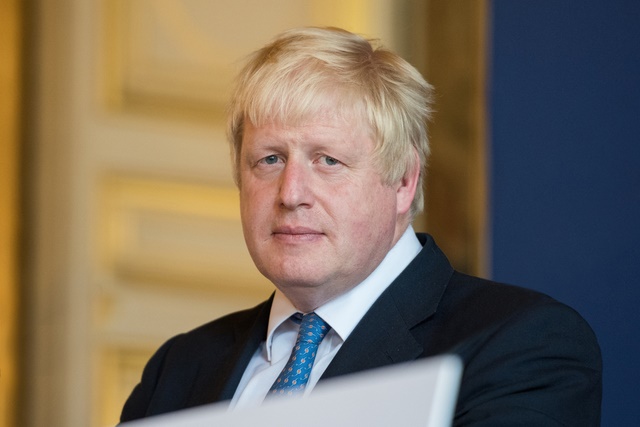Pound to Euro Exchange Rate Tumbles Back from Overnight Rocket ahead of Next Week’s Data
The Pound Sterling to Euro (GBP/EUR) exchange rate saw an impressive surge in demand overnight, as Britain’s 2019 General Election ended in a big win for the ruling Conservative Party. However, the pair has been sliding from its highs today.
Since opening this week at the level of 1.1878, GBP/EUR spent most of the week trending lower amid rising demand for an increasingly resilient Euro (EUR).
After touching a weekly low of 1.1761 yesterday though, GBP/EUR saw a rocket rebound in reaction to the UK exit polls and touched on a significant high of 1.2074.
This was the best level for GBP/EUR in over three years, since the months following the 2016 Brexit Referendum.
While GBP/EUR is sliding again today and currently trends near the level of 1.1980, the pair is likely to sustain strong gains this week. Markets are steadying as they digest this week’s news and anticipate a slew of major stats due next week.
Pound (GBP) Exchange Rates Slip Back as Investors Contemplate Next Steps for Brexit
Yesterday’s UK General Election was a decisive one for the ruling Conservative Party. The party won a big majority in one of its best showings in decades.
In response to the fresh political stability of a big majority government in Parliament, as well as hopes it would lead to a relatively soft Brexit, the Pound (GBP) surged last night.
The Pound rocketed but has since steadied slightly. This morning, it slid as markets continue to digest the Conservative majority and what it means for Brexit going forward.
The next phase of Brexit talks will begin once Britain leaves the EU in January, which is now all but certain. This transition phase could lead to fresh uncertainty amid concerns that the UK government will not want to extend it further.
According to Miles Celic, Chief Executive at TheCityUK:
‘This is a clear result that should allow the country to finally turn the page on the first phase of Brexit. With a January Brexit now all but certain, both sides must move quickly to prepare for the next stage of the negotiations.’
Euro (EUR) Exchange Rates Finding Support in Hopes for Recovering Eurozone Outlook
For most of the week, market demand for the Euro (EUR) has been fairly resilient. The Euro started the week on strong footing against the Pound, amid fresh signs that the Eurozone economy was recovering from months of slowdown.
Strong German trade data and a rebound in economic sentiment, as well as weakness in the Euro’s rival the US Dollar (USD), kept the Euro supported in the first half of the week.
In recent sessions the Euro’s resilience has lightened slightly as the US Dollar benefits from US-China trade hopes, but yesterday’s European Central Bank (ECB) policy decision was also seen as fairly supportive.
Christine Lagarde, the ECB’s new President, said she believed the Eurozone slowdown was showing signs of easing. This boosted recovery hopes and kept the Euro supported towards the end of the week, even as today’s German wholesale prices stats were underwhelming.
Pound to Euro (GBP/EUR) Exchange Rate Outlook Falls Back onto Brexit and Eurozone Slowdown
With Britain’s ruling Conservative Party securing a strong majority, market concerns over domestic political jitters and uncertainties will have largely faded.
Instead, investors will be eagerly anticipating the next steps for the Brexit process. Brexit will enter a fresh period of negotiation once Britain leaves the EU – presumably in January.
The transition period is still set to end at the end of 2020, so if the government shows no indication that it will extend negotiations then the Pound may be in for further uncertainties in the mid to long-term outlook.
As for the shorter term outlook, Brexit and politics may finally take a bit of a backseat for Pound investors, amid bets that Brexit is likely to happen in January.
Next week will see the publication of a slew of UK and Eurozone ecostats, which could cause some Pound and Euro movement ahead of the festive season.
Monday will start the week out with Markit’s December PMI projections, which will give investors a better idea of how UK and Eurozone economies are performing this month. Further signs of recovery in the Eurozone would boost the Euro outlook.
Later in the week, UK inflation, retail sales and growth, as well as December’s Bank of England (BoE) decision, could influence the Pound Sterling to Euro (GBP/EUR) exchange rate as well.


Comments are closed.